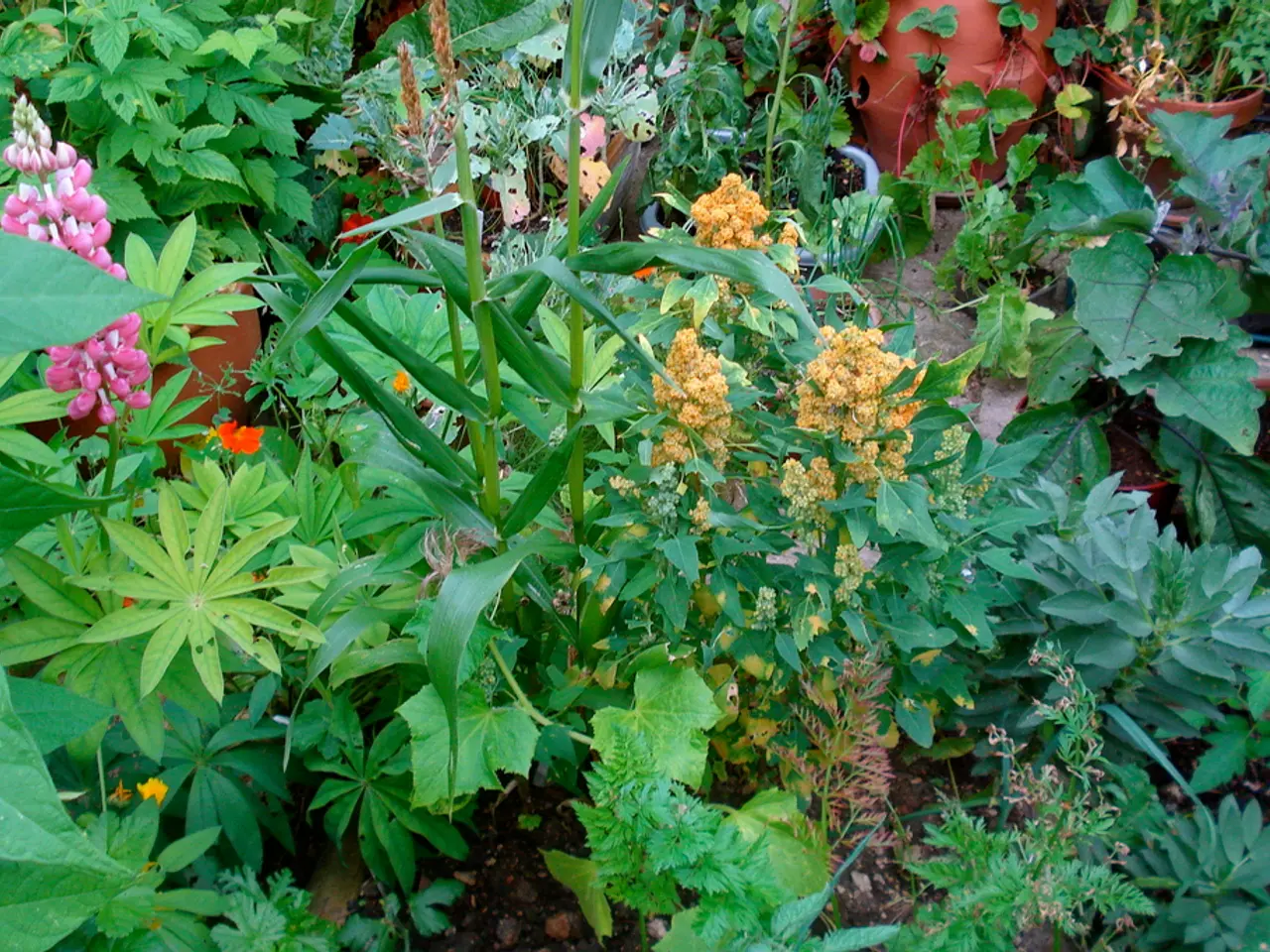Maintaining Garden Health During Vacations: Top 10 Insider Tips from Experts
Maintaining a lush and healthy garden while on an extended holiday can be a daunting task, but with a few key strategies and products, you can ensure your plants, lawn, and soil remain in good condition.
## Watering Solutions
One of the most crucial aspects of gardening is watering, and automated irrigation systems are a great solution. Install hose timers or in-ground irrigation systems such as drip lines or soaker hoses, and attach them to a timer to automate watering schedules. This is particularly effective for garden beds, raised beds, and lawns.
For container plants, consider self-watering planters with built-in reservoirs. These help maintain consistent moisture levels and can keep plants hydrated for several days. Slow-release water stations like old milk jugs or soda bottles with tiny holes near plants, or unglazed clay pots (ollas) can provide slow, steady water delivery directly to the roots.
Grouping container plants close together can create a more humid microclimate, reducing moisture loss. Water early in the morning or late in the evening to minimize evaporation and ensure plants absorb more water.
## Weeding and Soil Care
Applying a thick layer of mulch (wood chips, leaf mold, or compost) around plants helps retain soil moisture, suppress weeds, and regulate soil temperature. Pre-holiday weeding is also essential to remove weeds from borders and planting areas before leaving, preventing weed competition and reducing maintenance upon your return.
Before watering, check soil moisture by inserting your finger a couple of inches into the ground. Only water if the soil is dry to avoid overwatering and root rot.
## Lawn Care
Give your lawn a final mow and edge before leaving to keep it neat and healthy. Lawns prefer deep watering about once a week, totalling about 1 inch of water. Early morning is ideal for this to reduce evaporation and prevent fungal issues. Use oscillating sprinklers with adjustable ranges for large lawn areas, hooked up to a timer for automated, efficient watering.
## General Tips
Pick and store ripe vegetables or fruits before you leave to prevent spoilage and encourage continued production. Remove spent blooms from flowering plants to promote new growth and prolong flowering. Enlist neighbours or friends to water and check on your garden, offering them produce or flowers in return.
For smaller pots, consider sinking them into the ground in a border or raised bed, allowing them to draw moisture from the soil.
## Recommended Products
- Hose Timer: Attached to the spigot for automated watering - Drip Irrigation Kit: For garden beds and raised beds - Soaker Hose: Efficient watering for borders - Self-Watering Planters: Container plants - Mulch: Wood chips, compost, leaf mold - Oscillating Sprinkler: Large lawns and wide planting beds - Ollas/Slow-Water Jugs: Slow-release watering for garden plants
With these tips and the right products, your garden can stay healthy and vibrant during your extended holiday. Established garden plants can survive about 7 to 10 days without watering in moderate temperatures. However, consistent high temperatures, wind, and sun exposure will reduce the time garden plants can go without water. If away for more than 7 days, it's a good idea to ask a neighbour or friend to check in at least once in case of unexpected problems.
- To maintain the moisture levels of container plants, consider investing in self-watering planters with built-in reservoirs, which can keep plants hydrated for several days.
- Complementing container plants close together creates a more humid microclimate, reducing moisture loss and making them more resilient.
- For a flourishing home garden and lush lawn, hose timers or in-ground irrigation systems such as drip lines or soaker hoses, paired with a timer, are effective solutions for automating watering schedules.
- To promote your garden's wellness and beauty, group container plants close together and apply a thick layer of mulch to help retain soil moisture, suppress weeds, and regulate soil temperature—beneficial additions to your home-and-garden lifestyle.




